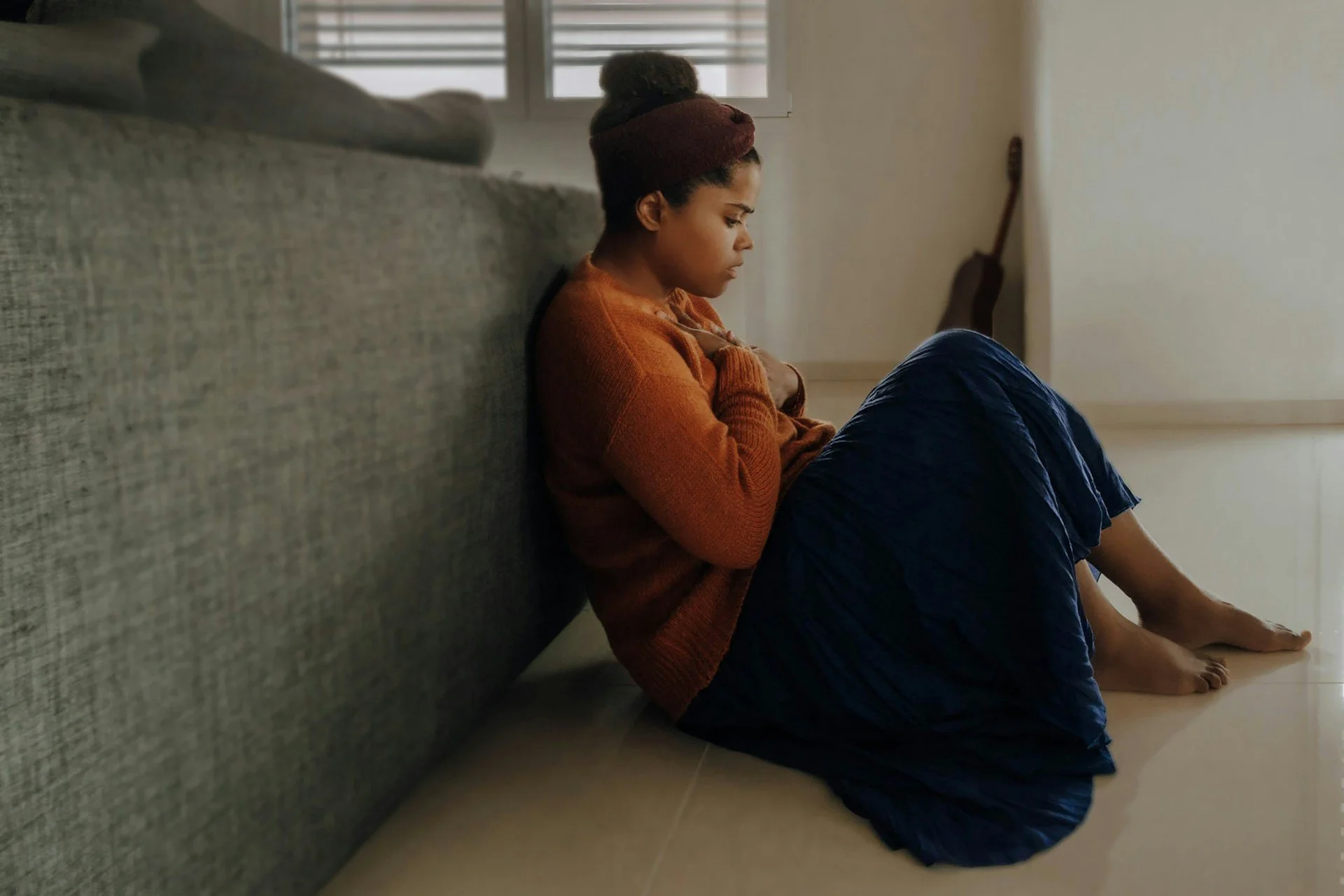Coping with Anxiety and Being Kind When Life Isn’t
Life can feel overwhelming, especially when anxiety creeps in and the world seems anything but kind. Anxiety is a natural response to stress, but when it becomes chronic, it can feel like a heavy weight on your chest. According to the American Psychological Association, anxiety disorders are among the most common mental health conditions, affecting nearly 1 in 5 adults in the U.S. alone. The good news is that there are ways to cope, and kindness—both to yourself and others—can be a powerful tool in navigating these challenges.
When life feels unkind, it’s easy to fall into a spiral of negative thoughts. Your brain might convince you that you’re not good enough or that everything is going wrong. This is your amygdala—the brain’s fear center—working overtime. Research shows that practicing self-compassion can help calm this response. Dr. Kristin Neff, a leading researcher on self-compassion, explains that treating yourself with the same kindness you’d offer a friend can reduce anxiety and improve emotional resilience. So, when you’re feeling low, try speaking to yourself gently, as if you were comforting someone you love.
Kindness isn’t just about how you treat yourself—it’s also about how you interact with the world around you. Studies have shown that acts of kindness, no matter how small, can boost your mood and reduce stress. A 2018 study published in the *Journal of Experimental Social Psychology* found that performing kind acts for others increases feelings of happiness and decreases anxiety. This is because kindness triggers the release of oxytocin, often called the “love hormone,” which promotes feelings of connection and calm. Even something as simple as holding the door for a stranger or sending a thoughtful text can make a difference.
But what happens when life feels relentlessly hard, and kindness seems in short supply? It’s important to remember that everyone is fighting their own battles, even if they don’t show it. Neuroscientific research suggests that empathy—the ability to understand and share the feelings of others—can help us feel less isolated in our struggles. When you extend kindness to others, even when it’s difficult, you create a ripple effect that can make the world feel a little less harsh.
Of course, coping with anxiety isn’t just about kindness—it’s also about building practical tools to manage it. Mindfulness practices, such as meditation or deep breathing, have been shown to reduce anxiety by calming the nervous system. A 2014 study in *JAMA Internal Medicine* found that mindfulness meditation can significantly reduce symptoms of anxiety and depression. Pairing these practices with acts of kindness can create a powerful combination, helping you feel more grounded and connected.
It’s okay to have days when anxiety feels like too much, and kindness feels out of reach. Healing isn’t linear, and it’s important to give yourself permission to feel whatever you’re feeling without judgment. Remember, you’re not alone in this. Millions of people are navigating similar struggles, and reaching out for support—whether through therapy, friends, or support groups—can make all the difference.
Life isn’t always kind, but you can choose to be. By practicing self-compassion, extending kindness to others, and using science-backed tools to manage anxiety, you can create moments of light even on the darkest days. And sometimes, that’s enough to keep going.
Here’s 10 Daily Practices to Cope with Anxiety
1. Practice Deep Breathing: When anxiety strikes, your body’s fight-or-flight response kicks in. Deep breathing activates the parasympathetic nervous system, which helps calm you down. Try the 4-7-8 technique: inhale for 4 seconds, hold for 7 seconds, and exhale for 8 seconds. Research shows this can reduce cortisol levels, the stress hormone.
2. Move Your Body: Exercise releases endorphins, the brain’s natural mood boosters. Even a 10-minute walk can help. A 2018 study in Frontiers in Psychiatry found that regular physical activity significantly reduces symptoms of anxiety.
3. Limit Caffeine and Sugar: Both can spike your heart rate and mimic anxiety symptoms. A 2020 review in Neuropsychiatric Disease and Treatment linked high caffeine intake to increased anxiety. Opt for herbal teas or water instead.
4. Create a Gratitude List or jar: Focusing on what you’re thankful for can shift your mindset. Write down three things you’re grateful for each day.
5. Set Boundaries: Overcommitting can fuel anxiety. Learn to say no and prioritize your mental health. Boundaries protect your energy and give you space to recharge.
6. Connect with Nature: Spending time outdoors can lower anxiety levels. Just 20 minutes in nature significantly reduces cortisol levels. Take a walk in a park or sit under a tree.
7. Practice Mindfulness: Mindfulness meditation helps you stay present and reduces rumination, a common anxiety trigger. Apps like Insight Timer, Headspace or Calm can guide you through short, daily practices. You can also use my meditations or join my online courses.
8. Reach Out to Someone: Social support is crucial for mental health. Talking to a trusted friend or family member can reduce anxiety and provide perspective.
9. Limit Screen Time: Constant scrolling can heighten anxiety, especially on social media. Set boundaries for your screen use and take regular breaks. A 2021 study in Computers in Human Behavior linked excessive screen time to increased anxiety levels.
10. Prioritize Sleep: Poor sleep exacerbates anxiety. Aim for 7-9 hours of quality sleep each night. Consistent sleep patterns improve emotional regulation and reduce anxiety.
By incorporating these small practices into your daily routine, you can build resilience and create a sense of calm, even when life feels unkind. Remember, progress takes time, and every step forward counts.
